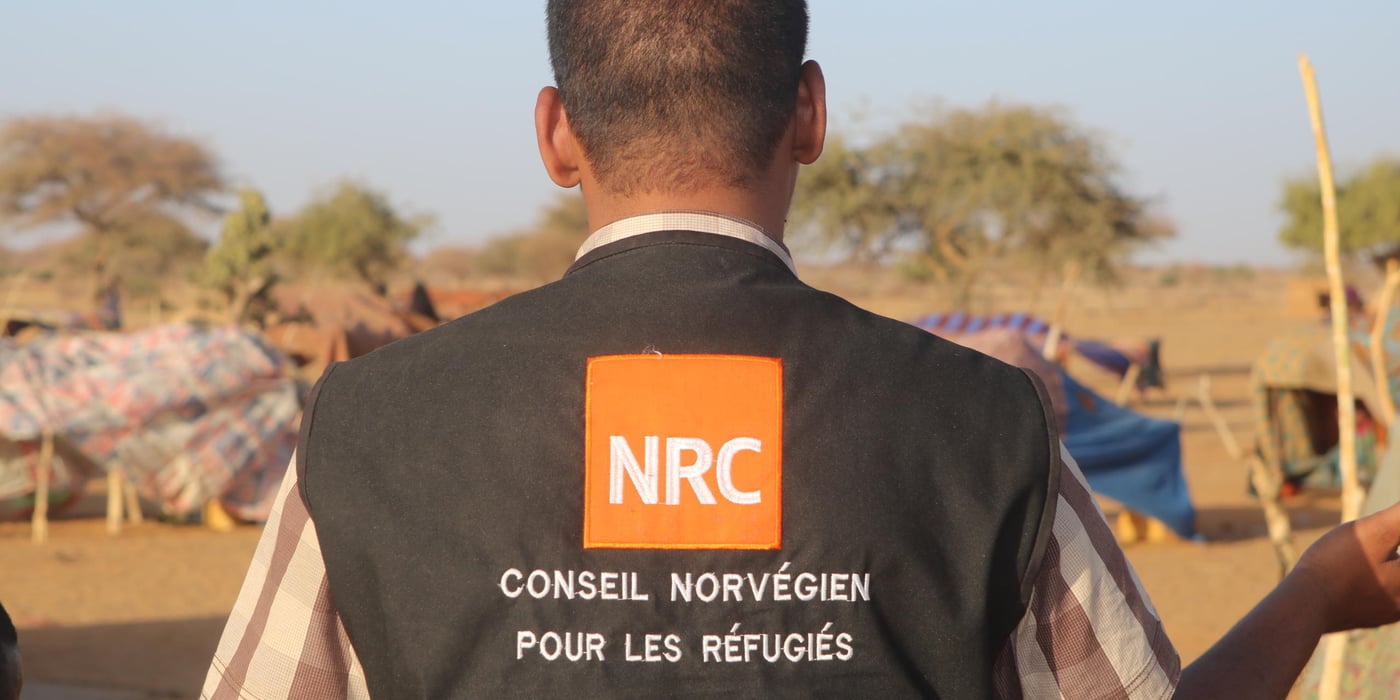
General insecurity, presence of non-state armed groups, and improvised explosive devices are the main obstacles to aid delivery in Central and Northern Mali. Checkpoints and roadside checks by self-defence militias are also hindering humanitarian access. The latter is becoming a major impediment to aid delivery.
Between January 2019–August 2019, at least 85 security incidents against non-governmental organisations (NGOs) were recorded.
Quote from Hassane Hamadou, Country Director at NRC in Mali:
“Humanitarian organisations are regularly affected by violence; and in some cases, they are directly targeted. These attacks show the reality our staff is confronted with in Central and Northern Mali. Those who attack us should remember that every attack has immediate and negative consequences on the people in need. When humanitarian action is threatened, people are left vulnerable.”
Quote from 12-year old Hama Djiguiba, who fled his village with his mother because of intercommunal clashes.
“We fled Djoundjourou out of fear of gunfire and came to Bandiagara. When we came with our moms, our brothers, our sisters, we saw many other people who were also fleeing for Bandiagara. It's thanks to our carts that we were able to bring some luggage. But most of our belongings have remained behind. »
Updates:
- Nearly one third of the population of Mali live in conflict-affected areas. The deteriorating security has caused unprecedented levels of population movements. As of July 2019, more than 200,000 newly displaced people were registered as in need of assistance in Central and Northern Mali by the Rapid Response Mechanism (RRM). (These figures may be duplicated in case of multiple displacement for the same household, as the RRM only focuses on the vulnerability status of people after a new a crisis.). Intercommunal violence, military operations, and attacks by armed groups and militias were the main drivers of displacement.
- As of July 23, at least 691 civilians had been killed in central and northern Mali since the beginning of the year, according to ACLED’s dataset. This is nearly twice the number recorded over the same period last year when at least 381 civilian deaths were recorded.
- On August 8, the ban imposed on motorcycles and pickups was lifted in the regions of Segou, Mopti, and Timbuktu. This ban was imposed to enable the security forces to better control movements and was intended to make it more difficult for armed groups to plan and carry out attacks. However, as the ban was applied indiscriminately it also limited the freedom of movement for the civilian population, and made it more difficult to access basic services and markets.
- Earlier this month, armed groups from the various rival communities in the Mopti and Segou regions have signed agreements to "cease hostilities" following the visit of Mali’s Prime Minister in the region. These agreements were signed following a surge in tit-for-tat violence between the nomadic cattle herders and the sedentary farmers and hunters.
- 920 schools remain closed across Mali, of which over 590 are located in the Mopti region alone. Currently, more than 285,000 children are being denied an education due to school closures across the country.
- An estimated 3.4 million Malians are in need of humanitarian assistance, approximately 2.9 million of whom are in areas of the country affected by the ongoing conflict. Meanwhile, nearly 140,000 Malian refugees are still in neighbouring countries, mainly Burkina Faso, Mauritania and Niger.

